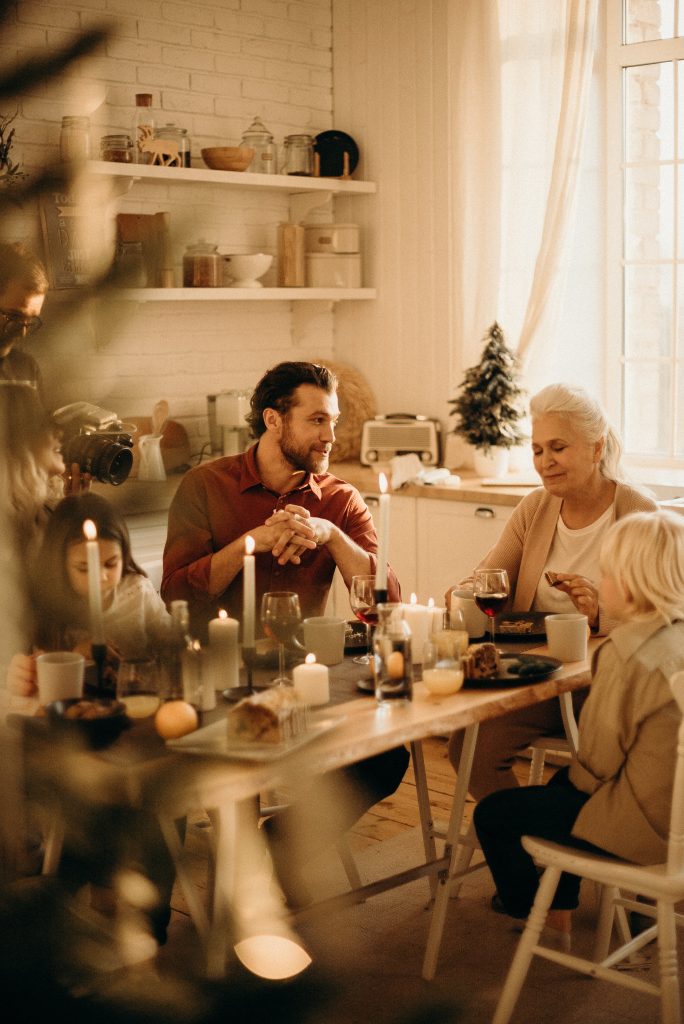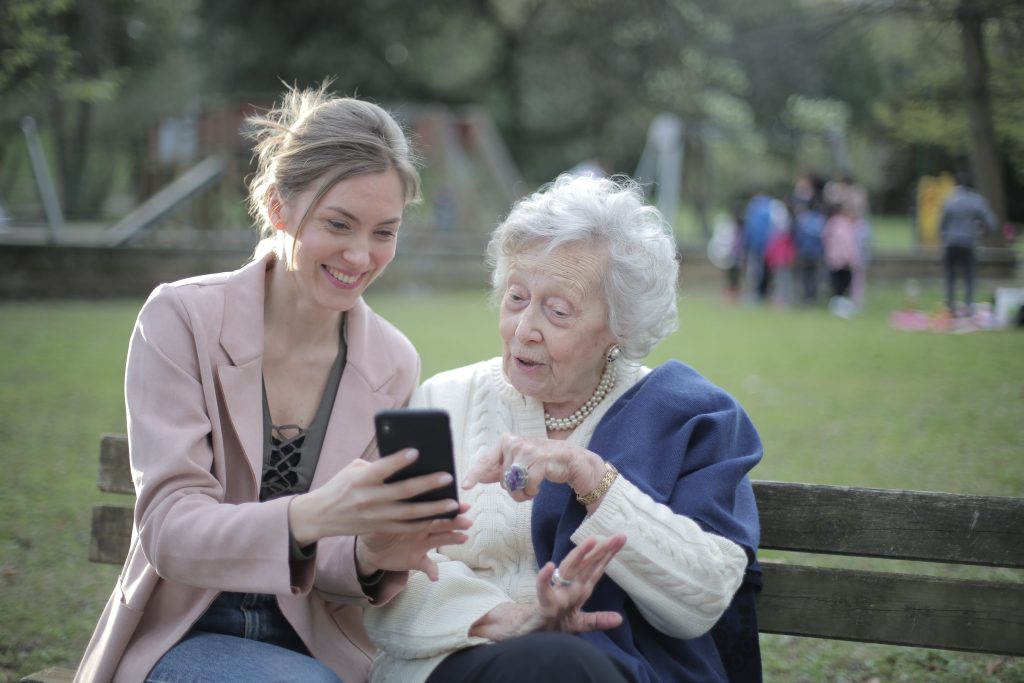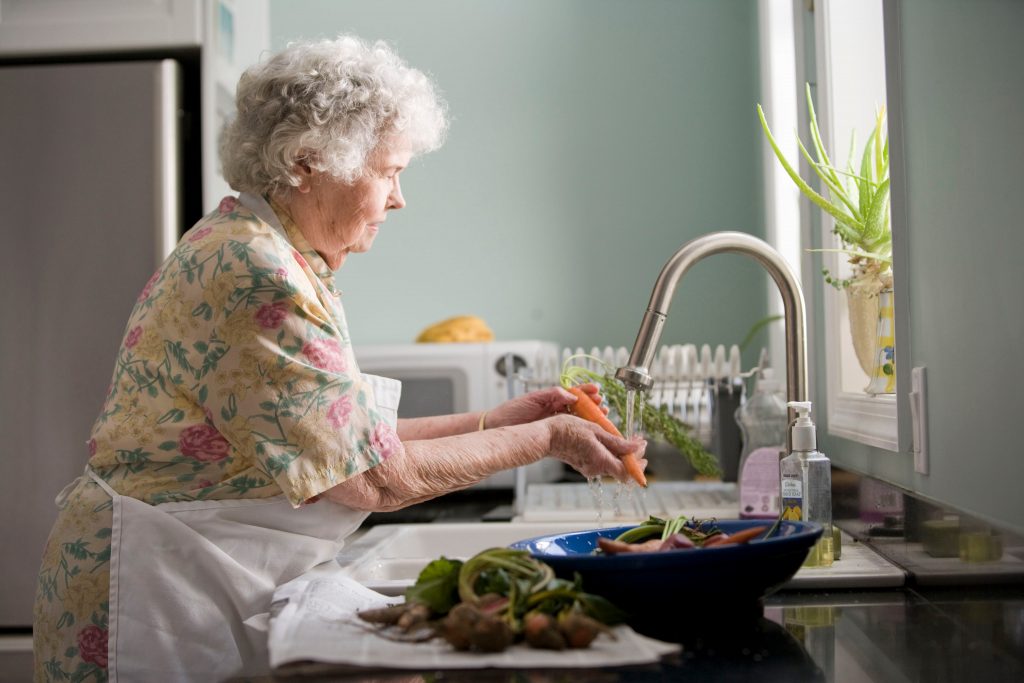Securing Success: Your Guide to Landing the CNA Job of Your Dreams

Becoming a Certified Nursing Assistant (CNA) is not only a rewarding career choice but also an essential role in the home care and healthcare industry. CNAs provide direct patient care, making them integral members of healthcare teams in hospitals, nursing homes, and various other healthcare and home care settings. Landing a job as a CNA […]
7 Warning Signs That It Is Time To Consider Home Care Services For Your Parents

Knowing when your parents are ready for home care services can be a complex decision that requires careful consideration. Here are some factors that we at Babette Home Care consider when determining whether there is a need for home care services: Observe if your parents are experiencing difficulties with daily activities such as bathing, dressing, […]
Embracing Gratitude: Seniors and the Meaning of Thanksgiving

Thanksgiving is a special time of year when we come together to express gratitude for the blessings in our lives. While this holiday is often associated with family gatherings and feasts, it’s important to recognize the unique role that seniors play in embodying the true spirit of Thanksgiving. In this blog, we celebrate the wisdom, […]
Nurturing Connections: Meaningful Ways to Connect with a Loved One Living with Dementia

Connecting with a loved one who has dementia requires patience, understanding, and adapting to their changing abilities. While dementia can present challenges in communication and memory, it is still possible to maintain a meaningful connection. In this blog, we will explore compassionate ways to connect with your loved one living with dementia, fostering emotional bonds […]
What to do when your parents refuse help but need it.

Do you notice your parents struggling with activities of daily living or has there been a decline in their personal hygiene? As soon as you start noticing that your loved one is struggling to take care of their health and home it’s time to start having the difficult conversations. Here are some tips on how to approach parents who refuse help.
Meet Marlene Martin: Caregiver of the month, September 2020

Meet Marlene Martin, our September caregiver of the month.
A breakdown of Senior Home Care

When it comes to Senior Care, there are a variety of options available for your loved one to choose from including; Home Care Agencies, Skilled Nursing Facilities, Independent Living Facilities, Assisted Living Facilities and Continuing Care Retirement Communities. Each of these facilities include their own sets of pro’s and con’s and different ways in which […]
Why Home Care is more important now than ever before.

The rapid growth of the home care industry is caused by not only the changes in societal and demographics in the United States but, also due to the increase in the demand for home-based care consequently by the Covid-19 pandemic. Why?
How COVID-19 has impacted Elder’s mental health

As lockdown rules and restrictions are being eased for most of us, the majority of the older population are still being advised to remain in isolation and shelter in place. We put together some great resources and tips in hopes that it will be most beneficial to you and your loved one during these uncertain times.
